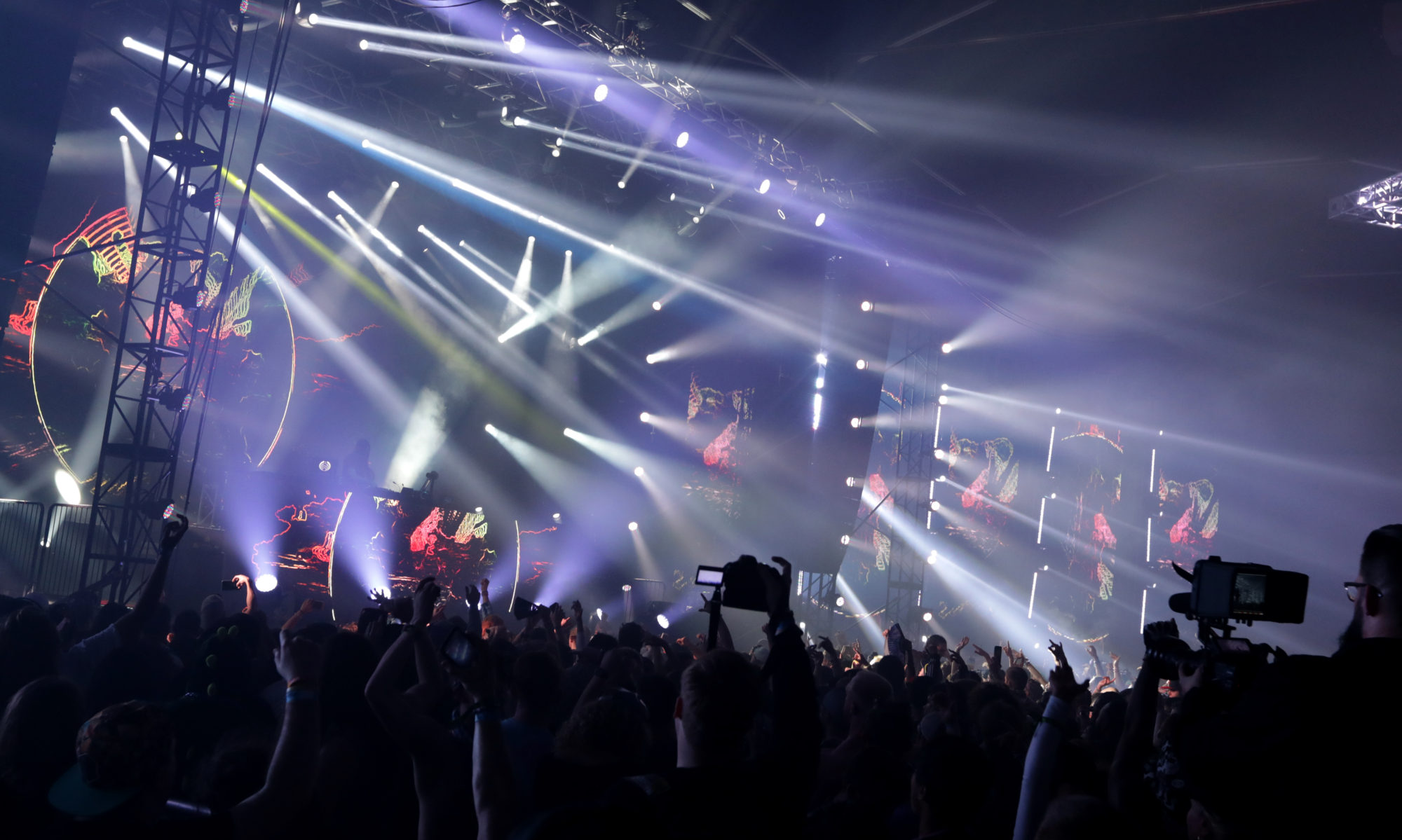I’ve been shopping my book (photo portfolio) around lately, and I was talking to a potential client today. The client said he’d love to look at my work, because they had a lot of stuff coming up. Then he said something interesting… He said, “But lately, we’ve had a lot of clients ask about using stock photography. We’ve had to try and steer them away from that.”
That reminded me of a shoot I once did for a client. Their ad agency used stock images one year, and the client thought everything looked way too generic and impersonal. They wound up hiring me the next year to shoot some very specific images that better matched their brand identity. It made more sense than using stock images designed to fit “everybody’s look”.
This isn’t to say that stock images are always bad. There is a need for stock, though it is often based on budget rather than the actual image. When a company has a tight budget, the cost of a stock image (often half the cost of making a new, unique image from scratch) makes more sense. However, it becomes very hard to find an image that specifically meets a company’s needs, unless it was shot specifically with that company in mind.
Think about Coca Cola (or any other big company). Pretty much any international company will have a very well-defined brand. They know what their product and their image is supposed to be. They hire photographers to match that brand with 100% accuracy. I’m sure there are several stock images out there (just because there are millions of stock images available) that would fit the company’s brand, but sometimes it just makes more sense to create the image from scratch.
And remember, most stock images can’t be purchased with exclusive rights. That means a company may find the perfect image at a great “stock” price, but then another company winds up using the same exact image in their campaign. Not exactly the way to stand out from the crowd…
Usually, stock makes the most sense for background images, secondary images, or images that just aren’t the main focus. Like, a website banner, a small image on the back of a newsletter, or a soft, blurry, background image in an advertisement.
And there is one other factor that affects the stock vs original image debate: Timeline. What if the client needs to put out a last-minute ad in a trade publication, but the ad is due Friday afternoon. Not a big deal, until you realize the ad placement was approved Thursday morning!
It would be pretty hard to pull together a photo shoot so quick, and there may be a “good enough” image available as stock. You just need to spend a couple hours searching to find it. It gets purchased online, downloaded, designed into the ad, and sent off to the publication. Done. And it is in by Friday afternoon.
I had a client call me up for images of Shakira. They were running an ad in Billboard or Pollstar or one of the music industry trade pubs. It was a rush deal, so they asked if they could use one of my shots I had available as stock. No big deal. Her next concert was too close to deadline, and they loved the image I already had. I made money, Shakira’s people are happy. It all worked out.
If they had more time, they could’ve emailed me a comp of the ad layout, and I could’ve shot an image that fit exactly what they had in mind. However, time just wasn’t on their side…
So, you can see that stock isn’t always the way to go, but it does have a few positive points to consider. Mostly, it will fit any tight budget or time constraints. However, it doesn’t always meet a client’s needs perfectly and the same image will often pop up two or three other places… ruining a brand’s exclusive feel and look.
